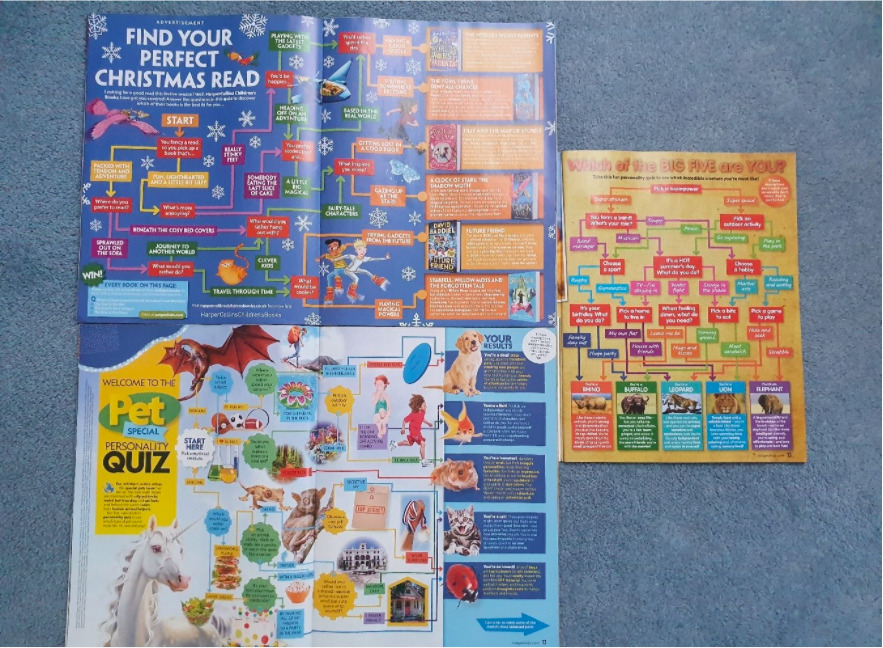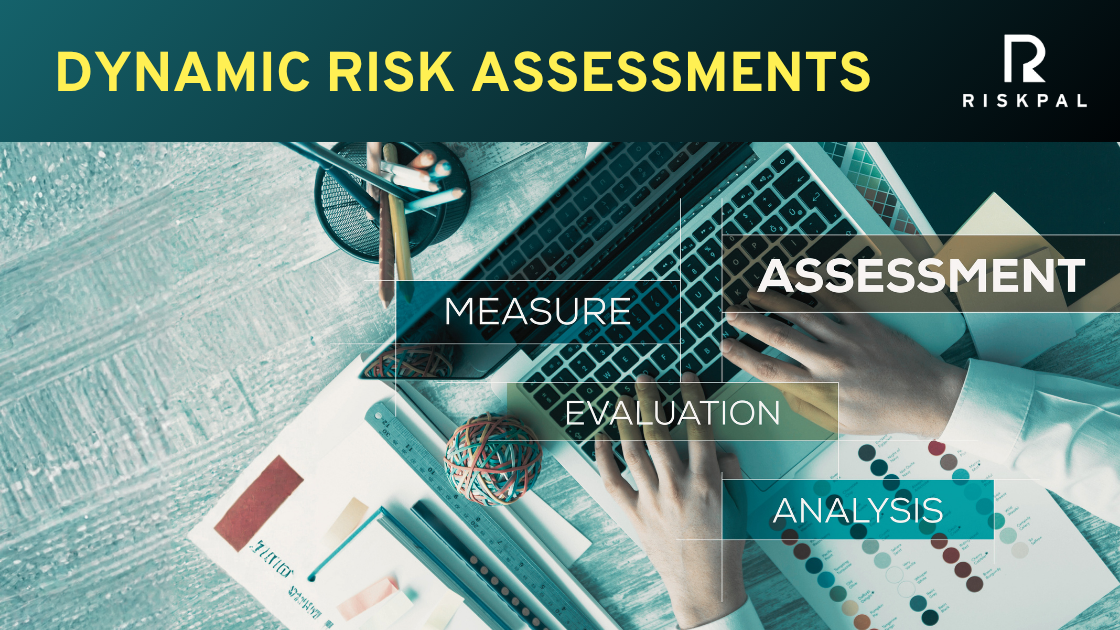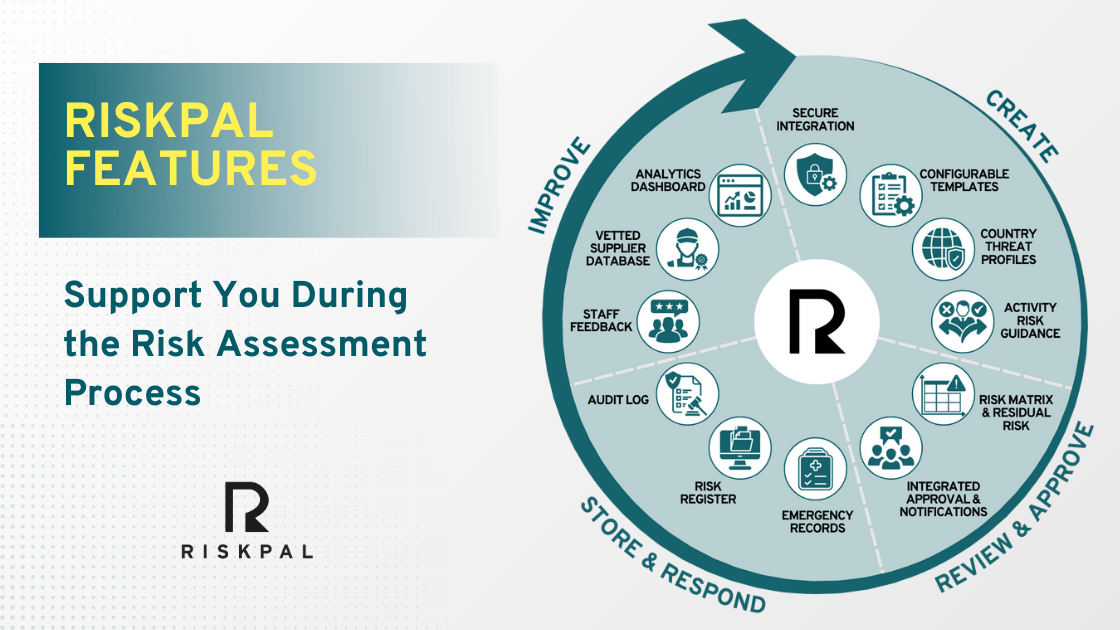ISO 31030 Travel Risk Management [Part 2]: Getting Started
Tom Bacon, RiskPal’s COO, shares Part 2 of ISO 31030 travel risk management standard with some tips on getting started and benchmarking your preparedness.
Why I am an elephant (or a dog). Getting started with ISO 31030
My children have a monthly subscription to National Geographic Kids (highly recommended for any parents out there), and usually within an hour of it coming through the post, I’m engaged in the latest philosophical quiz on which of the big five I am (an elephant apparently); my pet personality (dog); or my perfect Christmas read (Tily and the Map of Stories by Anna James – ISO 31030 didn’t make the shortlist).
So ok, what is this to do with 31030?
In short, not too much but you might see where I’m going…
In response to my last article ISO 31030 Travel Risk Management: Where to Begin, it was rightly pointed out that the standard is intended to create a framework and benchmark for professional travel safety standards for all organisations, irrespective of size or risk “maturity”.
Yet where to start with ISO 31030 can still seem a daunting task.
So inspired by my children and National Geographic for Kids, I have broken this down by drawing up some simple self-assessment pointers and visuals for how to get the process underway, which you can download below.
Of course, every organisation is different and there is no one-size-fits-all approach to implementation. The download is certainly not all-encompassing, nor intended as a shortcut to reading the standard. Rather it provides a quick, easy visualisation to support you in your travel risk management journey. Unfortunately – spoiler alert – it’s not going to reveal your own animal instincts but National Geographic Kids can help you with that.
Next month I’ll look into how digital transformation can help with ISO and consider what could be some useful benchmarks to measure your success against in the absence of a formal accreditation route. To receive all our articles and interviews, sign up to the RiskPal newsletter via our home page.
Contact Us to find out more about RiskPal.




